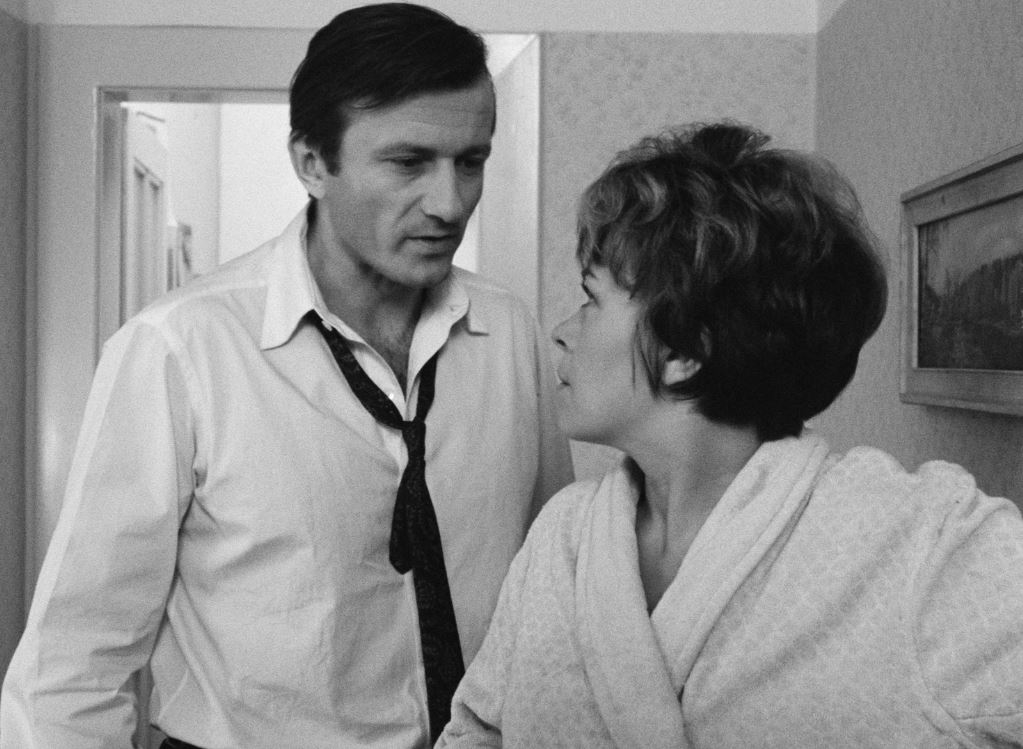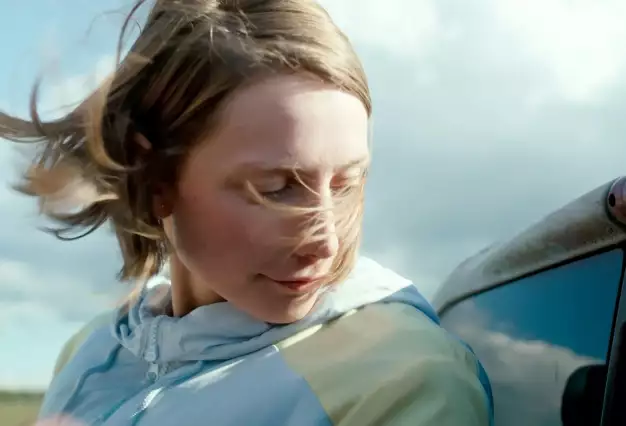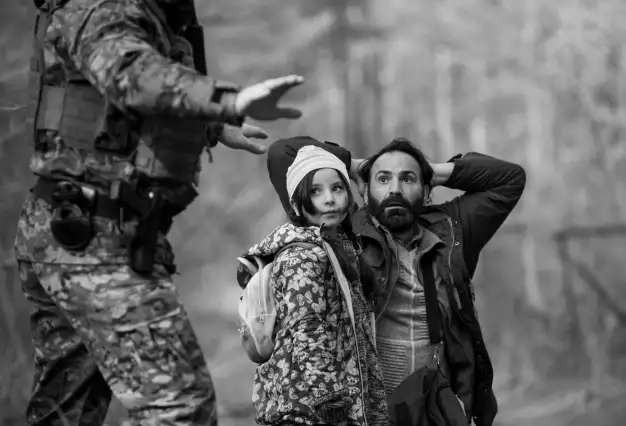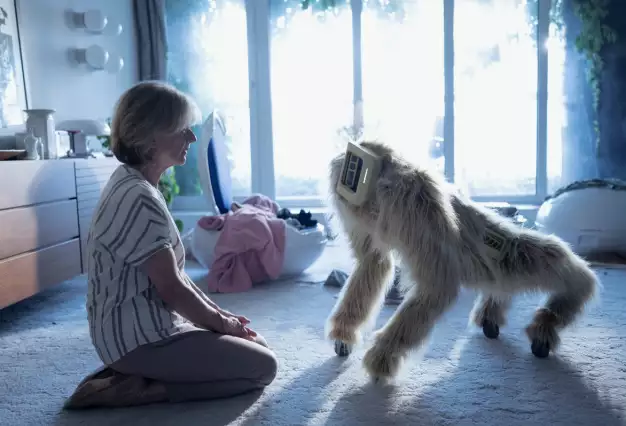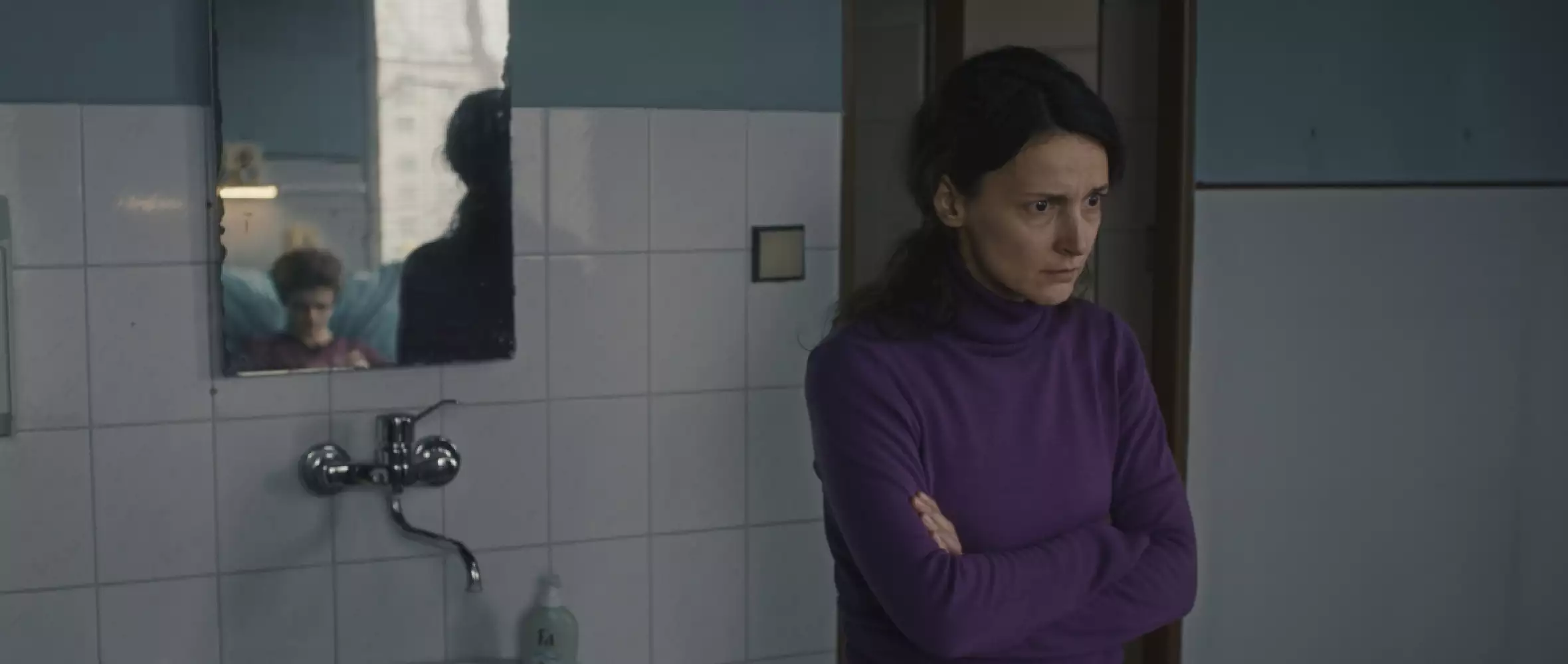
23 August 2022
Venice 2022: The genre-fluid, the interactive, and the restored
Venice 2022: The genre-fluid, the interactive, and the restored

Czech cinema will once again be strongly represented at the world’s oldest film festival, with genre-bending films from the young generation, the tech-driven VR experience, and a forbidden classic.
Article by Martin Kudláč for magazine CZECH FILM / Fall 2022
Early September marks the start of the fall season on the international festival circuit and the opening of the Oscars season. Traditionally, Venice’s oldest film festival opens its season on the Lido in high style, featuring the world premieres of many major films.
Powerful debuts
Historically, most Czech films and co-productions at Venice have appeared in the parallel competition known as Orrizonti, which maps the latest aesthetic and expressive trends and is considered a breeding ground for emerging talent. The 79th edition of the Venice Film Festival will see two Czech co-production films introduced in the Orrizonti section: Michal Blaško and Mihai Mincan’s feature fiction debuts.
Despite his young age, Slovak-born Prague-based director Michal Blaško is already familiar to Czech moviegoers and international film professionals alike. While Czech viewers know him as the director of small-screen crime series and international film professionals are likely to have seen one of his short films on the festival circuit, both Czech and foreign audiences recognize Blaško as director of the drama miniseries Suspicion. Earlier this year, at the 72nd Berlin IFF, Suspicion achieved a milestone by being the first series from Central and Eastern Europe ever selected for the Berlinale Series section.
Nutprodukce, the Czech production outfit behind Suspicion, together with its Slovak sister company nutprodukcia, also backed Blaško’s feature debut, Victim, with Electric Sheep of Germany joining the project as co-producer. Victim was part of the prestigious L’Atelier initiative at Cannes in 2019, as well as receiving the Karlovy Vary Works in Progress Award in 2021. Financial support for the project has come from the Slovak Audiovisual Fund, the Czech Film Fund, Eurimages, MOIN Filmförderung Hamburg Schleswig-Holstein, the German Federal Film Fund, Creative Europe MEDIA, the South Moravian Film Fund, the Ústecký Region, and the Plzeň Region. World sales of Victim are being handled by Pluto Film.
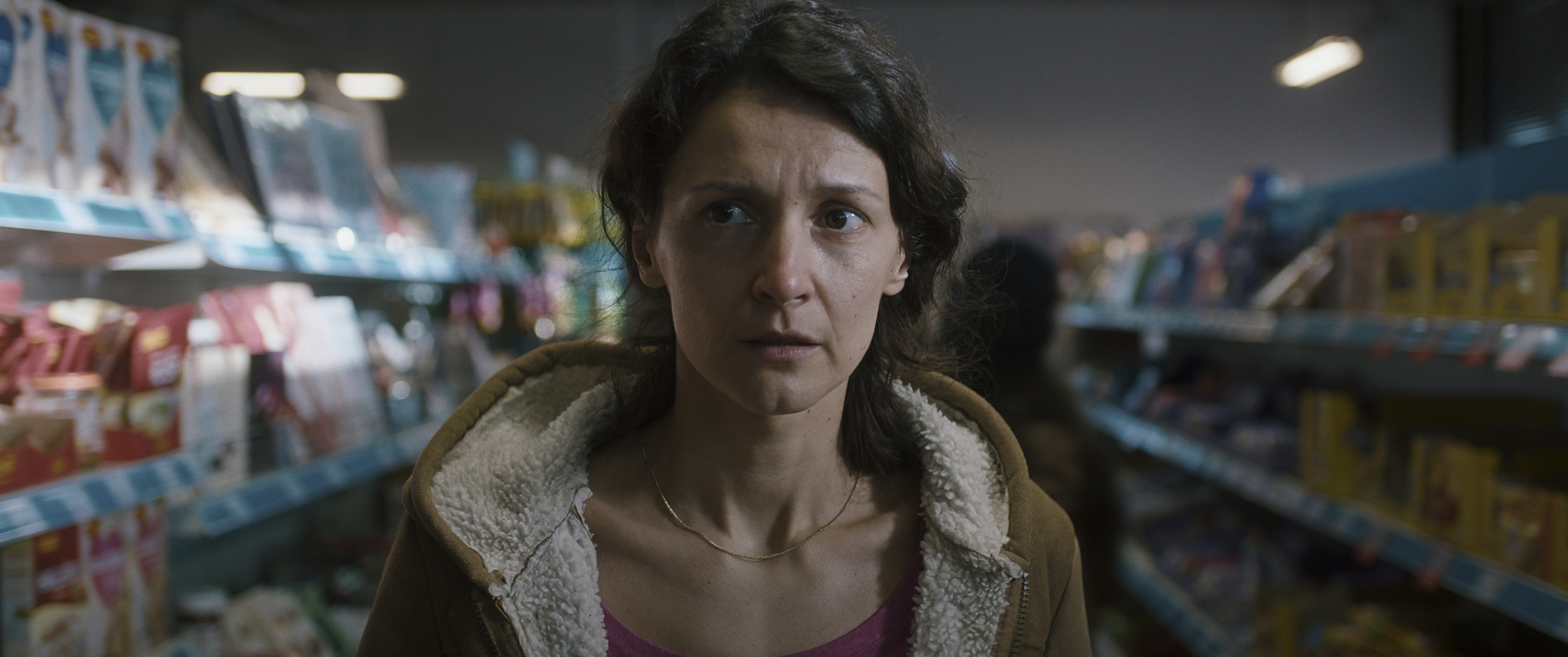
The plot of Victim, loosely inspired by real-life events, follows a Ukrainian single mother named Irina who is trying to make a life for herself as an immigrant in the Czech Republic. When her son Igor ends up in the hospital, Irina rushes back to the Czech Republic from Ukraine, where she has gone on a trip to collect paperwork. Upon coming to his senses, Igor, a promising young gymnast, claims that he was the subject of unprovoked violence with xenophobic motivations, and according to his testimony for the police, he was attacked by three Roma men. We soon learn that Irina was not on the best of terms with her Romani neighbors, and the ensuing police investigation puts them under even more pressure.
Irina soon becomes the face of oppression as the community uses her case to voice its support for increasing ostracism of the Romas. Irina unwittingly becomes backed by a right-wing grassroots movement with a radical racist agenda.
After Igor confesses that the version of the incident he gave to the police was not the truth, Irina finds herself in an uncomfortable situation as the growing media frenzy puts her in the spotlight. While she is trying to gain citizenship and open her own business in the Czech Republic, Igor’s lies threaten to thwart their prospects for a brighter future.
The screenplay for Victim was written by Jakub Medvecký, who previously penned the script for By a Sharp Knife, based on an infamous hate crime. Victim was written before the global pandemic disrupted lives around the globe, and the shoot unfolded during the coronavirus shutdowns, wrapping before February of this year. Therefore the film does not reflect the changed reality of Ukraine since Russia invaded the country.
Victim explores both the mother-son relationship between Irina and Igor and the magnitude of social reverberations that a single lie can cause in a polarized society, but it also tackles the less common case of a confrontation between two minorities. The story depicts a part of majority white society throwing itself behind radical views, not only legitimizing hate but weaponizing it in public space. Given how frequently we see these dynamics playing out in societies around the world at the moment, the story of Victim has an urgency that extends beyond the territory of Central and Eastern Europe to give it global significance.
Showing a flair for genre storytelling, Blaško integrates genre craftsmanship into his arthouse offerings in a sophisticated fashion. Victim transcends the conventional notions of Central European drama, as the socially engaged, though not moralistic, story succeeds in delivering the verve of a social thriller while still remaining a thoughtful probe.
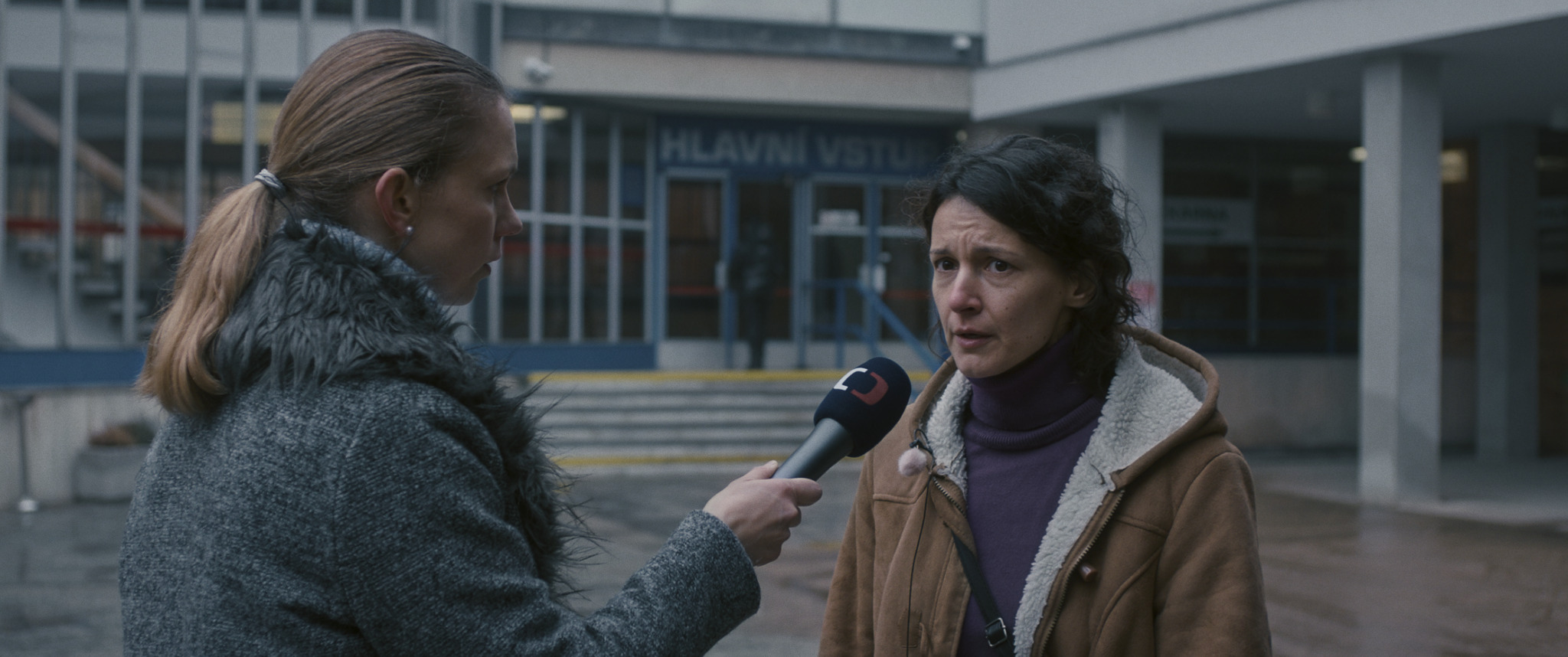
Although Blaško has made the straddling of genre and arthouse filmmaking his signature, he is not the only one utilizing the synergies between these once-separate cinematic forms. Romanian filmmaker Mihai Mincan—also premiering his feature-length fiction debut, To the North, in this year’s Orrizonti competition at Venice — has taken the same route, albeit in a different style and, unlike Blaško, coming from a background in documentary film. Mincan has three documentary projects under his belt to date: Bondoc, about the octogenarian Romanian chess master Dan Bondoc; Emigrant Blues: A Road Movie in 2½ Chapters, a collective portrait of Romanian emigrants in Spain; and The Man Who Would Be Free, a portrait of Romanian philosopher Cezar Mititelu, which Mincan co-wrote and co-directed with his longtime friend George Chiper-Lillemark (DoP on Adina Pintilie’s Golden Bear-winning Touch Me Not).
Mincan is clearly a promising new voice in Romanian film, and the extent of his promise is evidenced by the scale of the project: To the North is one of Romania’s biggest co-productions to date. Producers from five countries joined efforts to make the film a reality: In addition to producer Radu Stancu of the Romanian outfit deFilm, rising Czech producer Mikuláš Novotný of Background Films boarded the project as coproducer, along with Greece, France, and Bulgaria. Financial support has come from the Romanian National Film Center, as well as the Czech, Bulgarian, and Greek national funding bodies.
Despite Novotný’s early-career status, To the North marks yet another ambitious international collaboration for the Czech producer, who previously acted as a coproducer on Poland’s Oscar submission Leave No Traces, which bowed in the Venice Film Festival main competition last year.
Similar to Victim, To the North is based on a true story that Mincan adapted into a chilling thriller. With nothing but a small bag of provisions and a plan, two friends, one from Romania, the other from Bulgaria, secretly board a giant container ship bound for the other side of the Atlantic to make their dream of emigrating to America come true. Their carefree mood changes, however, in the face of reality: their plan is too optimistic for the bleakness of actual circumstances.
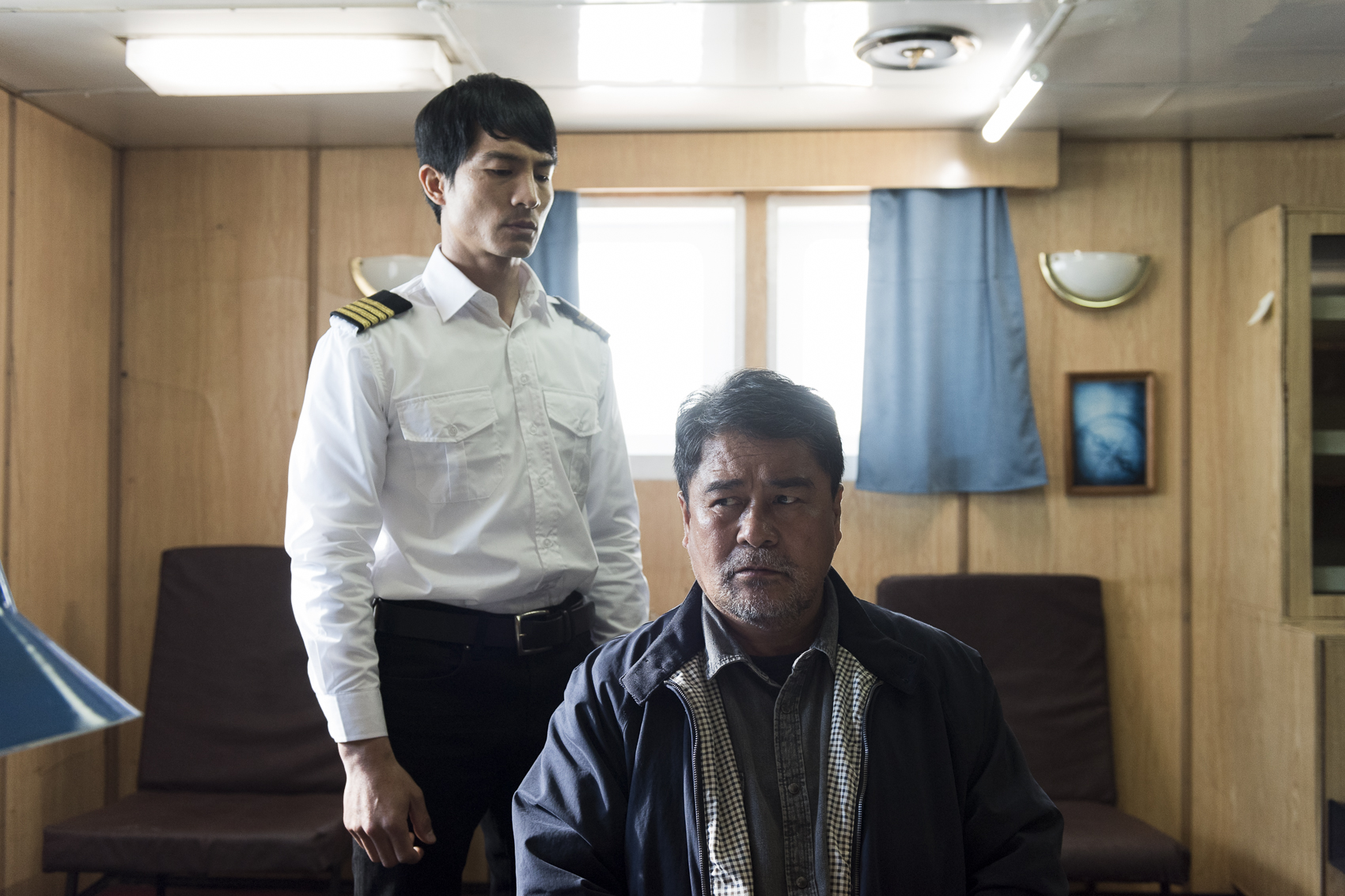
To the North evokes past Eastern European coming-of-age films, with its motif of a risky escape symbolizing the transition to adulthood. Yet by giving his story a sudden, radical turn — a Filipino sailor on board the ship feels a kinship with the Black stowaway from Romania, based on their shared religion, and tries to keep him out of harm’s way — Mincan transforms the feel-good atmosphere into an existential struggle. The sailor’s risky decision puts the lives of his crewmembers at risk, as suspicion and paranoia brew among the ship’s Taiwanese supervisors, who have little patience for any disruptions.
In addition to the grim actual incident that he drew on in making To the North, Mincan was inspired by the Southern Gothic tales of U.S. author Cormac McCarthy. One can easily see the parallels with the work of the American master, whose novels are known for their slow-burning plots, unspoken menace, and dark imagery.
In contrast to the central confrontation of Victim, in which two minorities are pitted against each other, the Romanian director puts a spin on refugee drama with one minority helping another. Mincan’s collaborator Chiper-Lillemark lenses the tense standoff with a creeping paranoia etched into the cinematography, the camera hypnotically veering between the towering containers as it glides through the vessel’s claustrophobic interior. These shots capture the mood of suspicion and contempt, moving To the North into the territory of a psychological horror.
Both Mincan’s and Blaško’s latest works foreshadow a bigger shift in world cinema, as Czech film professionals contribute to a formalistic transition that transcends Central and Eastern European cinema. A testament to the quality and promise embodied by these filmmakers and their collaborators is the fact that both films have been bought by reputable companies ahead of their world premieres. Victim is represented by the Berlin-based Pluto Film, while To the North has been picked up by the Belgian international sales company Best Friends Forever.
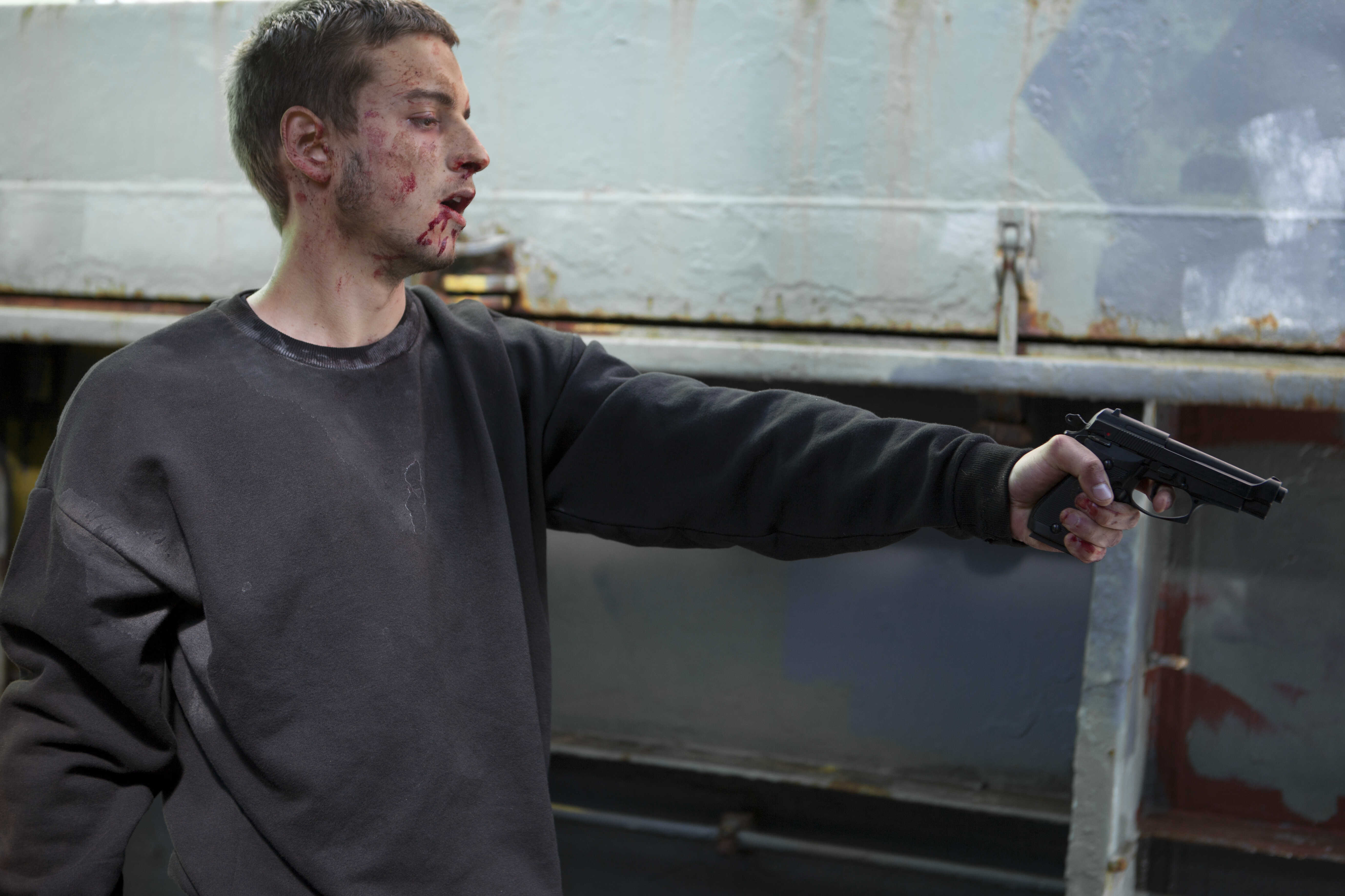
Acing the Bechdel test
This year’s Giornate degli Autori, an independent sidebar of the Venice Film Festival, will showcase another genre-inspired film produced by the Czech Republic: the highly awaited psychological drama Ordinary Failures, Hungarian-Romanian director Cristina Groșan’s sophomore feature film.
Groșan debuted with Things Worth Weeping For, a lo-fi drama about millennials in crisis, but since then forged a creative partnership with rising Czech producer Marek Novák of Xova Film. Novák backed her short film Along Came a Prince while diligently working on Ordinary Failures, and with a budget of €1.3 million, Groșan’s second feature is the most ambitious project yet for Novák’s independent outfit.
Ordinary Failures was vetted by the Czech Film Foundation’s domestic screenwriting competition, which awards grants to unproduced scripts and spotlights emerging screenwriters. The film’s scriptwriter, Klára Vlasáková, who has also written a novel, was named a Star of Tomorrow in the Film Foundation’s 2018 competition. Working together on the project, Novák and Vlasáková sought a director who could put their own spin on the material. Groșan emerged as the best fit and agreed to board the project.
The film opens in a city rocked by a mysterious explosion, leaving three protagonists stranded. The sexagenarian Hana, recently widowed, tries to move forward in life, with work serving to keep her afloat. The thirtysomething mother Silva needs a break from her parenting responsibilities, and the teenaged Tereza has a hard time fitting in with her peers, sensing she might be different.
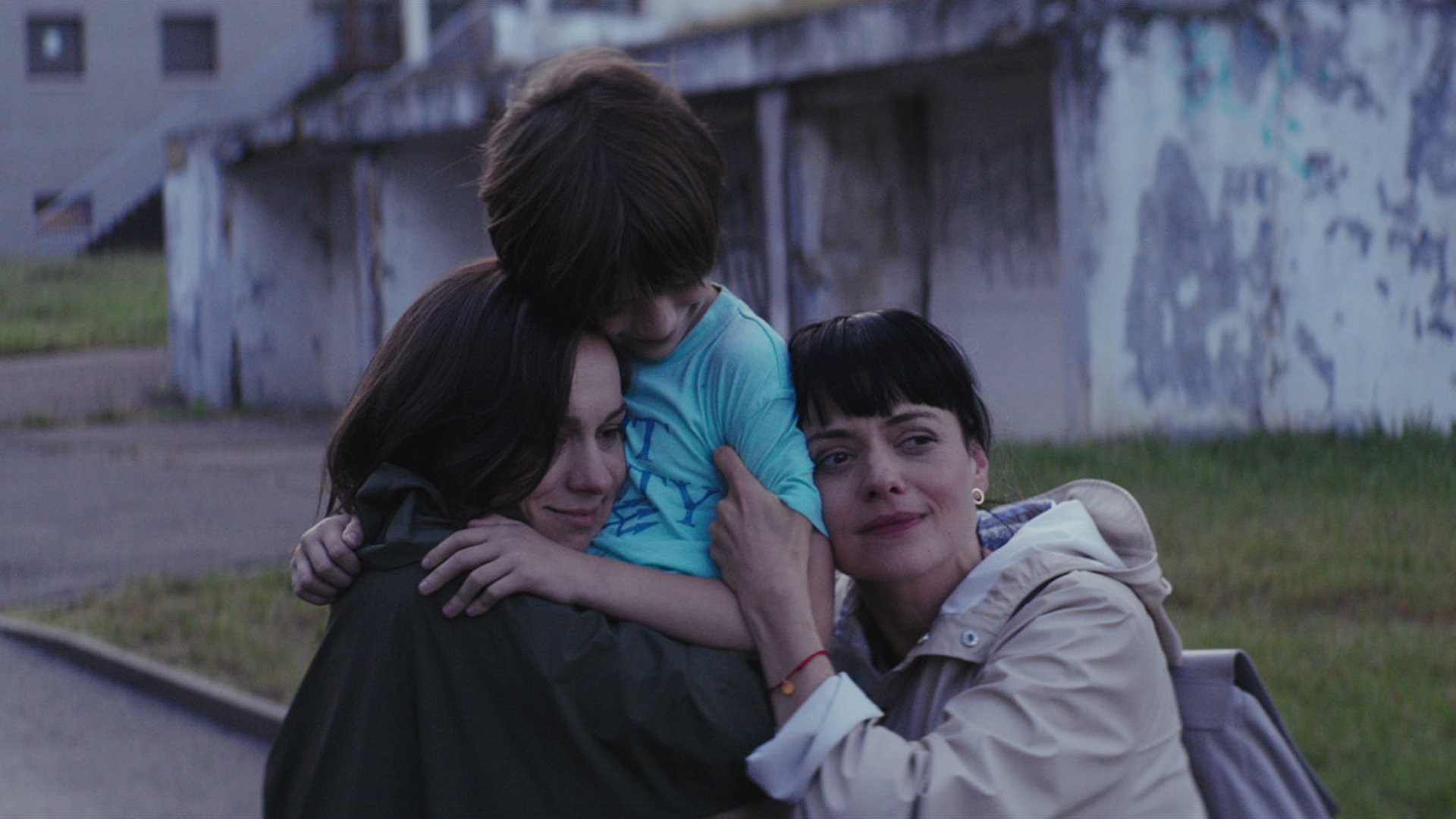
Despite its dystopian opening, Ordinary Failures is an introspective psychological drama veiled as a portmanteau family drama. The three interlinked episodes illuminate generational issues, challenging social stereotypes and gender norms. In the midst of panic, each character tries to find her way out of a crisis of identity. Ordinary Failures is a female-driven narrative about empowerment, less as a sociopolitical statement than as an expression of the need for self-actualization that every generation feels.
“I am convinced the film will resonate equally with festival-goers and arthouse film lovers, as well as high-end mainstream audiences,” said Novák. Although less genre-fluid than Victim and To the North, and perhaps only nominally genre-related due to the story’s dystopic opening and the framing of the narrative, Ordinary Failures nevertheless represents a significant advance in Czech cinema storytelling. Both written and directed by women, the film subverts gender conventions without turning them into political statement. Besides acing the Bechdel test, Ordinary Failures normalizes queer relationships and defies ageism, making it a great leap forward in Czech film.
Ordinary Failures, Groșan’s first foreign-language film, is produced by the Czech company Xova Film, the Italian outfit Rosamont (Marica Stocchi), Hungary’s Laokoon Filmgroup (Judit Stalter), which also produced Groșan’s feature debut, and Zuzana Jankovičová and Monika Lošťáková, of Slovakia’s Super Film. The project received support from the Czech Film Fund, Eurimages, the National Film Institute Hungary, the Ministero della Cultura (MiC), the Slovak Audiovisual Fund, the Prague Film Fund, the Friuli Venezia Giulia Audiovisual Fund, the Plzeň Region, Regione Lazio, and the Film Foundation, and is produced in collaboration with ARTE G.E.I.E.
Going forward, Groșan and Vlasáková are continuing their creative collaboration under the auspices of Novák’s Xova Film, currently working on the feature-length project The Most Diligent of Us All, set in the corporate milieu of an insurance company where automation is slated to drastically cut the number of human employees. The story follows the fallout of this decision over a single day.
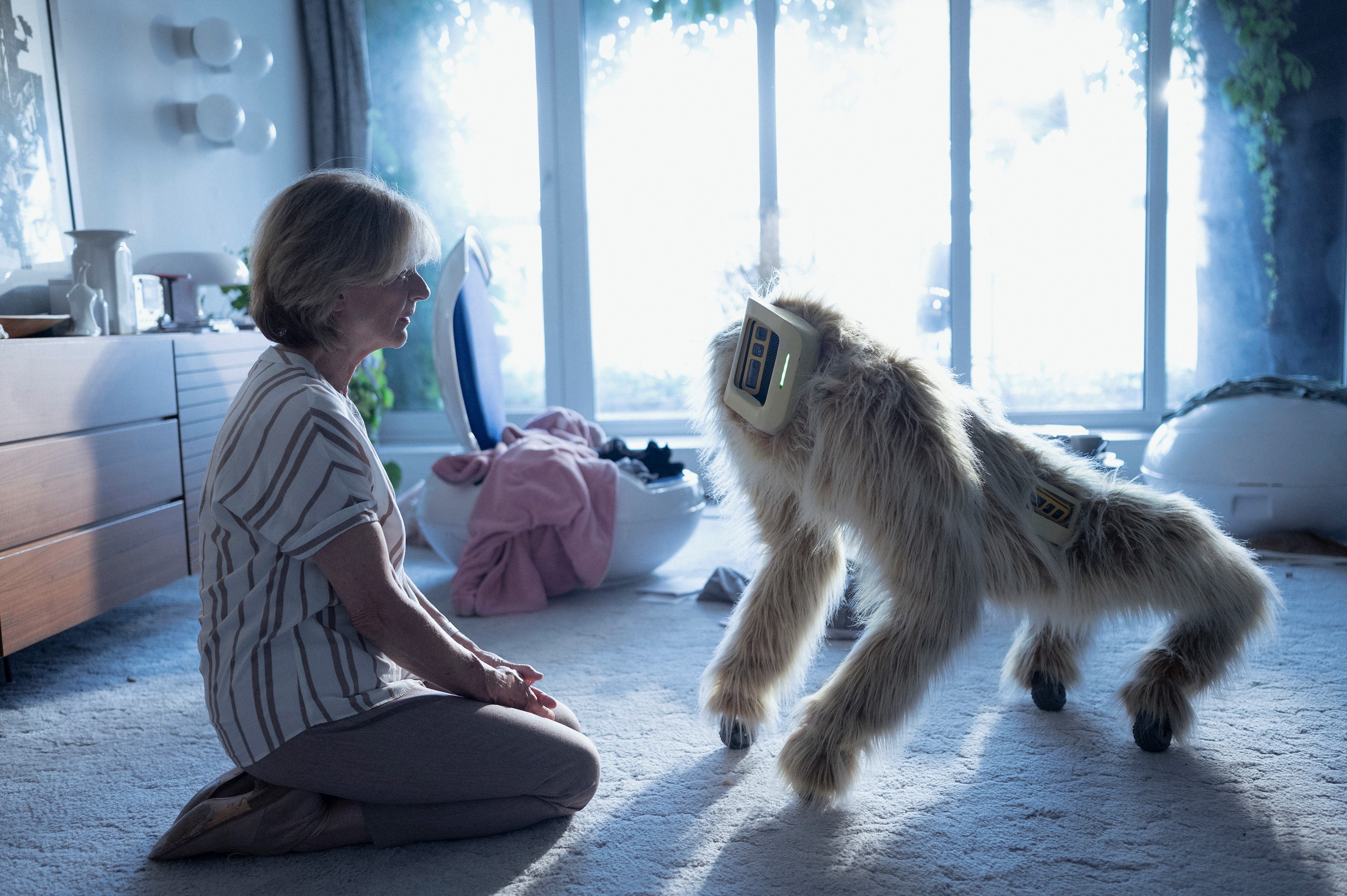
First Czech interactive VR experience
This year’s Venice lineup also includes a unique entry from the Czech audiovisual industry: immersive storytelling. As Czechs successfully expand beyond the conventional confines of cinema into episodic production, online short-form content, and the booming videogame market, many production companies in the Czech Republic have been experimenting with alternative audiovisual content for galleries and art installations, including immersive, full-dome, 360-degree cinema. One sign that these experiments are bearing fruit is that this year’s Venice Immersive, the special competitive section of the festival devoted to innovation in storytelling and new media, will present Darkening, the first Czech interactive VR film, by Ondřej Moravec.
Co-written by Alice Krajčířová and Moravec, with Moravec handling directing duties, the 3D CGI documentary is an autobiography, with Moravec in the starring role. Darkening illustrates Moravec’s experience of living with depression since puberty, and offers viewers ways to cope with the disorder. While guiding viewers through diverse imaginary landscapes, Moravec shares the feelings he had during his first depressive episode while he was at university, as well as the bouts he has suffered since then in the course of his everyday life.
The VR experience unfolds in 360 degrees, allowing viewers to interact with the virtual world through their voices or by touching specific objects. The Czech outfit Frame Films produced the project, with German NowHere Media and Czech Brainz Immersive co-producing. The creative studio Brainz Immersive had prior experience with XR creation, having crafted a virtual tour of the Czech nuclear power plant in Temelín.
Darkening received a grant from Unity Technologies, with additional support from the Czech Film Fund, Filmtalent Zlín, and the Medienboard Berlin-Brandenburg. The film will be distributed in galleries and film festivals after its premiere on the Lido, and will also be available online to anyone with a VR headset. In addition, Moravec is already working on a sequel called Brighter Moment, which will be designed in collaboration with clinical psychologists as a therapeutic tool: “the patients will enter VR to discover and recreate the landscapes of the mind to help them harmonize their minds.”
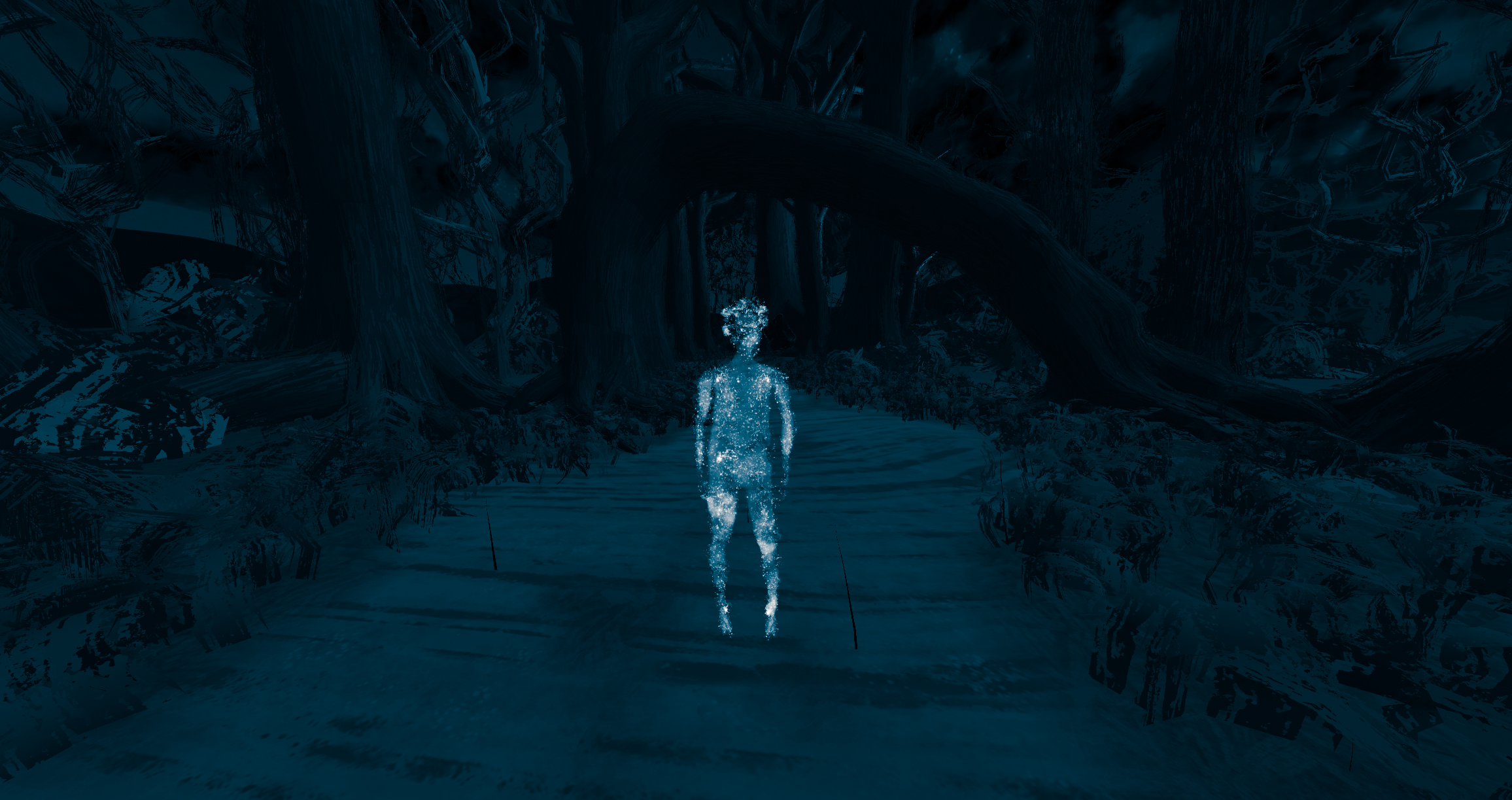
Golden classics of paranoid thriller
As the treasures of Czech cinema continue to find a second life, the Venice Classics section is doing its part to boost this trend by introducing the works of countries’ cinematic canons to new generations of cinephiles. This year, following in the footsteps of Karel Steklý’s The Strike, Gustav Machatý’s Ecstasy, Miloš Forman’s Black Peter, and Věra Chytilová’s Bagful of Fleas, another once-forbidden Czech film will receive the gala treatment on the Lido: Karel Kachyňa’s 1970 banned classic The Ear.
The Ear was just one fruit borne from the longtime collaboration between screenwriter Jaroslav Procházka and director Karel Kachyňa, a creative partnership that resulted in 13 films, most of them dramas following characters in the midst of crisis. In contrast to the conventions of social realism espoused by the Communist regime under which they worked, Procházka and Kachyňa explored more intimate stories set against the backdrop of major events. In this case, The Ear depicts a couple whose marriage is falling apart in the midst of a purge within the Communist Party. Production on The Ear began in the wake of the Soviet invasion of Czechoslovakia, on August 20, 1968. But due to censorship, the film was banned immediately after its completion and as a result, was never shown in theatres.
In The Ear, Kachyňa and Procházka evoke a tangible sense of menace and dread as we learn along with Communist Party official Ludvík (Radoslav Brzobohatý) that his colleagues have gone missing after working on a project with him that wasn’t well received by Party higher-ups. The tense situation leads Ludvík and his wife (Jiřina Bohdalová) to a fraught evening of shuffling around their apartment from one room to another, trying to avoid a listening device (in Czech slang, an “ear”) planted by the Party, as they reflect on their life and relationship in the shadow of imminent arrest and punishment.
The central theme of the film, obviously, is what it’s like to live in constant fear of an authoritarian and controlling regime. Kachyňa’s distinctive, expressive style defied the period’s aesthetic conventions, heightening the intensity of the paranoia. Critics drew comparisons to Roman Polanski while also pointing out parallels to Edward Albee’s Who’s Afraid of Virginia Woolf? and the writings of Franz Kafka. The Ear had its official big-screen debut after the Velvet Revolution, at the 1990 Cannes Film Festival, where it competed for the Palme d’Or.
A restored version of the film was created from digitalized negatives of the original film and magnetic mixing tapes for a sound that were stored in the Národní filmový archiv, Prague.
The donors of the restoration were Mrs. Milada Kučerová and Mr. Eduard Kučera.
The restoration was made by Karlovy Vary IFF in cooperation with the Národní filmový archiv, Prague, and the Czech Film Fund at UPP and Soundsquare.


